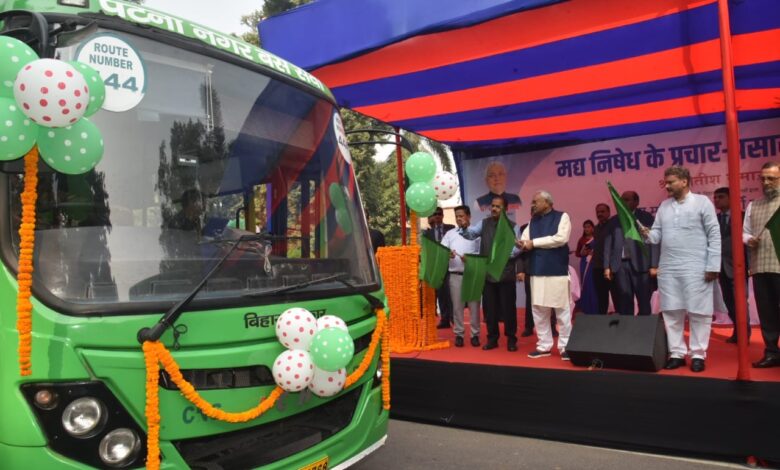
In a bid to push for the use of eco-friendly transportation, the Bihar government on December 5 came out with a comprehensive Electric Vehicle (EV) policy and set a target that at least 15% of all new vehicles registered in the state by 2028 would be electric.
The policy places a strong emphasis on creating a conducive ecosystem for electric vehicles with a particular focus on developing a robust network of charging stations across the State.
The policy sets a target of achieving 15 percent EVs in all vehicle registrations in the state by 2028, thereby improving ambient air quality and reducing sound pollution.
“The state government has formulated a new policy to subsidise electric vehicles and establish charging stations in the state,” Additional Chief Secretary (ACS) of the state cabinet department, S Siddharth, announced after the cabinet meeting.
The Bihar Electric Vehicle Policy 2023 places a strong emphasis on creating an ecosystem conducive to electric vehicles in the state, with a particular focus on developing a robust network of charging stations across the state.
To encourage EV adoption, the new policy proposes subsidies on Motor Vehicle (MV) Tax of up to 75 per cent and purchase incentives of up to Rs 1.25 lakh for the first 1,000 personal four-wheeler EVs.
Also, similar benefits for the first 10,000 personal two-wheeler EVs with subsidies on motor vehicles tax of up to 75 per cent and purchase incentives up to Rs 10,000 have also been proposed.
The policy further provides a 30 percent subsidy on power tariffs for public and semi-public charging stations during the initial three years.
The subsidies are extended to the establishment of electric charging stations in residential apartments, with various government departments setting up public charging stations on government-owned land, the Transport Secretary Sanjay Kumar Agarwal said.
He added, “The Bihar Electric Motor Vehicle Policy aims to promote an electric vehicle transport system in the state, complemented by accessible EV charging infrastructure. It seeks to enhance environmental quality by mitigating air pollution while fostering startups and investments in the electric mobility sector and its associated support industries.”
According to the government, the policy has been designed to steer the state towards a sustainable transport paradigm.
The state cabinet meeting, chaired by Chief Minister Nitish Kumar, also greenlit a proposal from the transport department to acquire 400 electric buses under the National Electric Bus Programme. These buses, slated to operate in various districts of Bihar, aim to diminish reliance on conventional petrol and diesel-powered public transport.
Meanwhile, the Bihar Electric Vehicle Policy was mentioned at the ongoing COP28 Climate Summit in Dubai. The World Resources Institute (WRI) India CEO Madhav Pai highlighted the policy during a session themed ‘Leading E-Bus Transition: Global Experiences and Learnings’ on Tuesday.
(With input from India Today)




